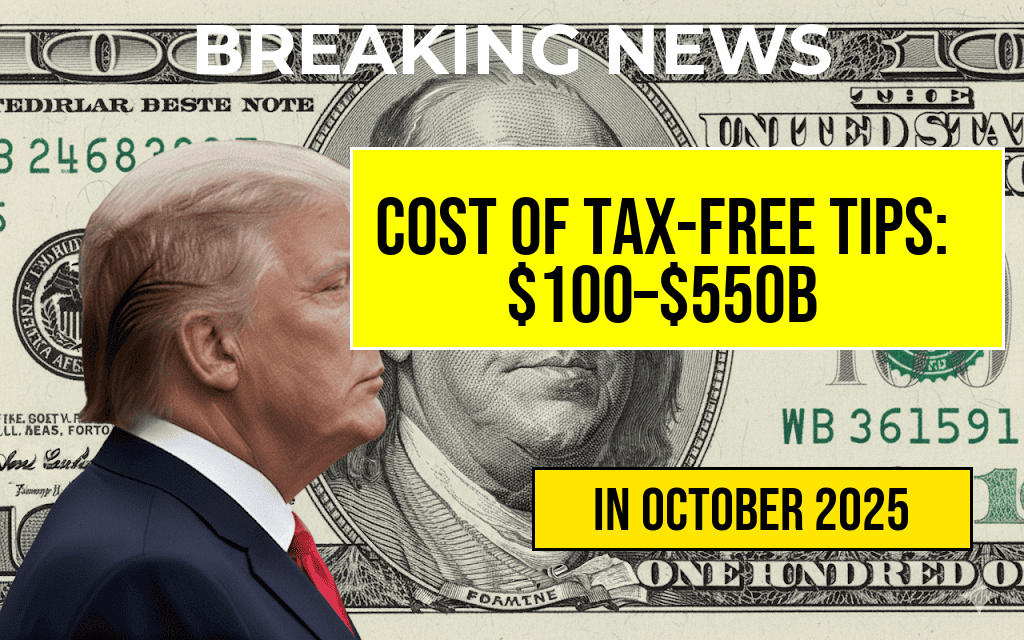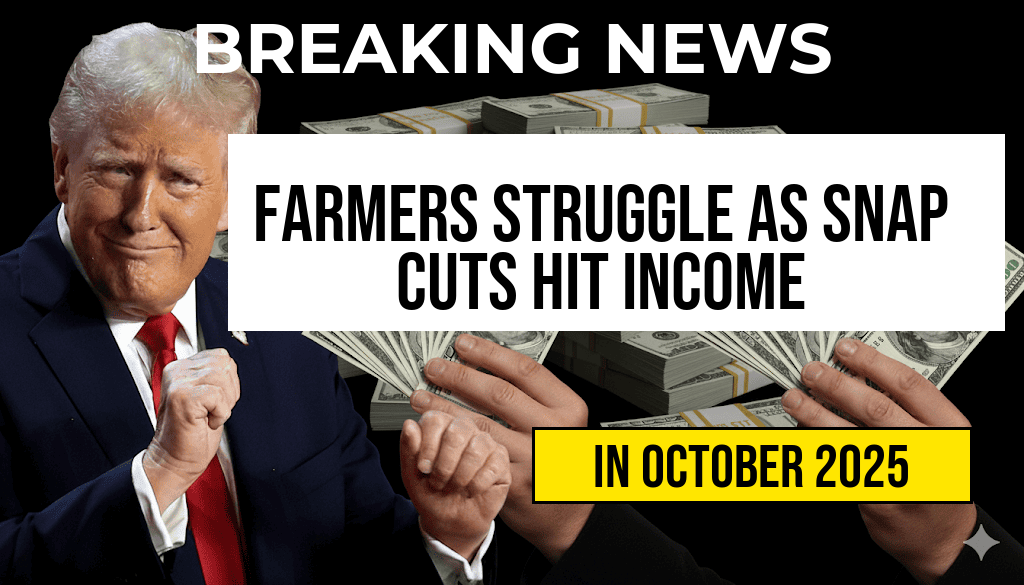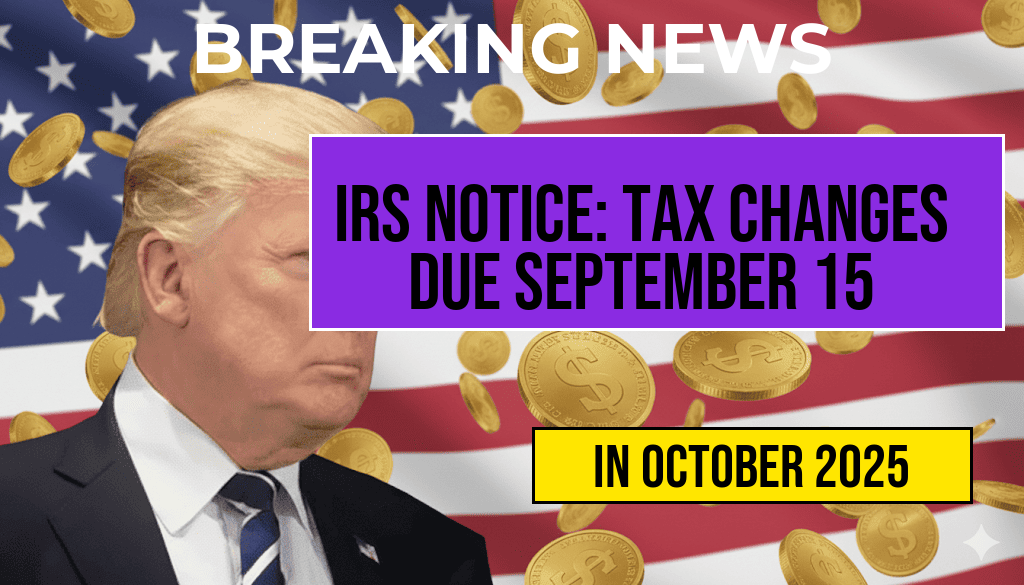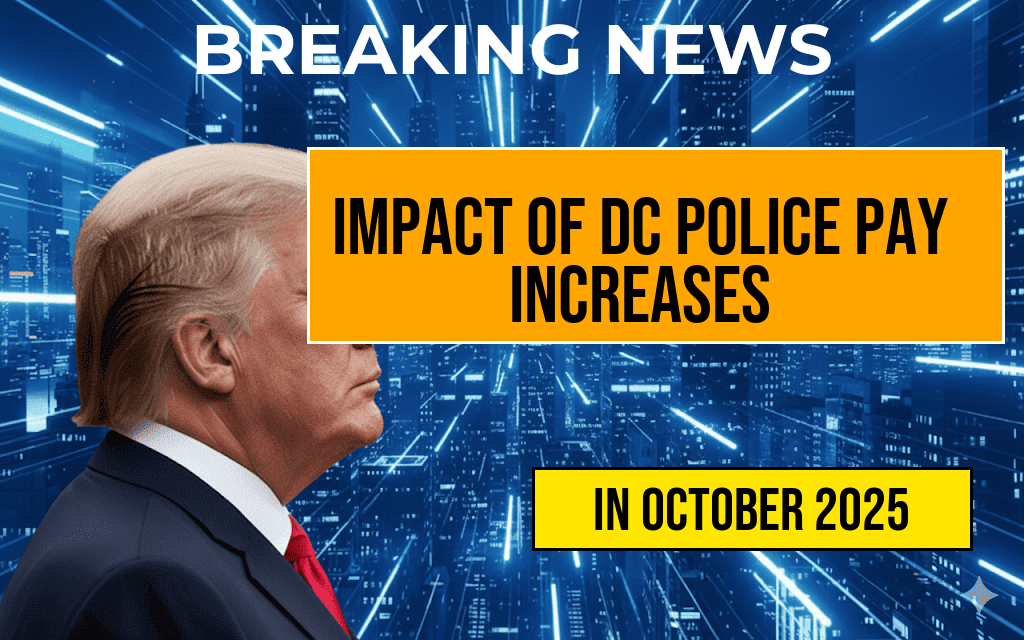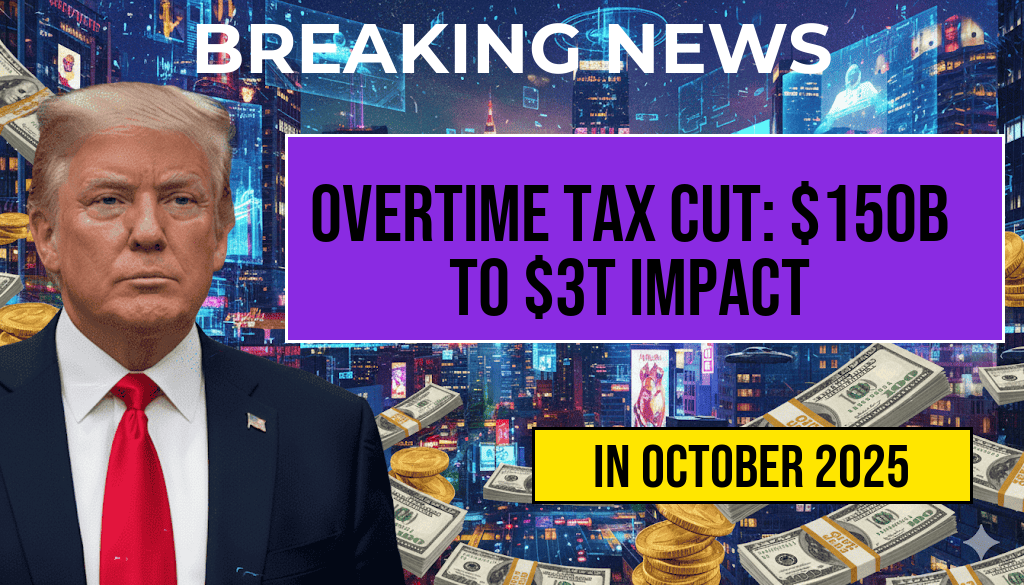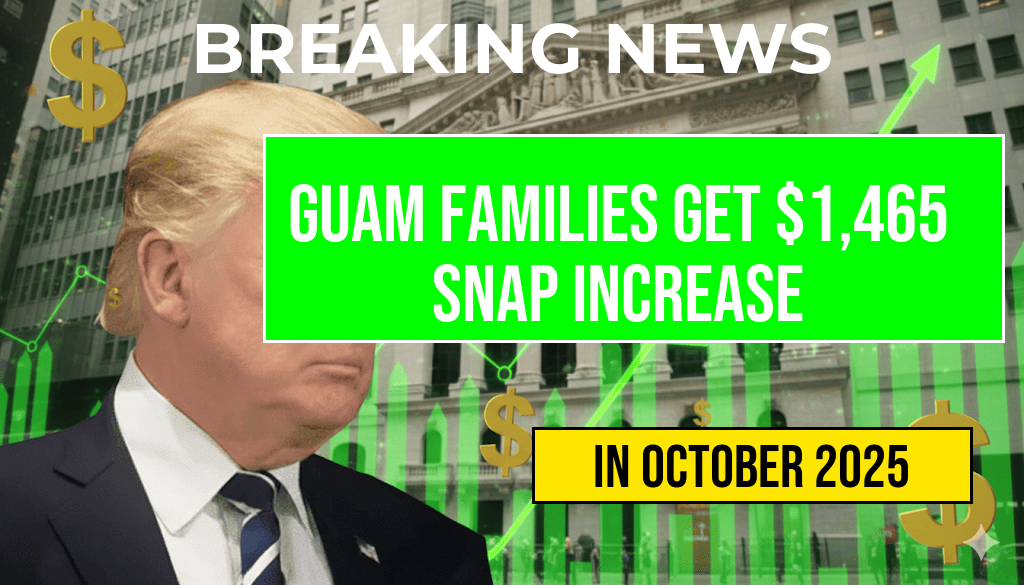The ongoing debate surrounding the taxation of tips has gained momentum, with estimates suggesting that making tips tax-free could cost the U.S. economy between $100 billion and $550 billion over the next decade. This potential financial impact raises questions about the viability of such a policy change, which proponents argue would benefit workers in the service industry while critics warn of significant budgetary repercussions. Understanding these financial implications is essential for policymakers as they consider reforms aimed at enhancing the livelihoods of tipped workers, who often rely on gratuities to supplement their income.
The Current Landscape of Tip Taxation
In the United States, tips are treated as taxable income, a regulation that affects millions of workers in sectors such as hospitality and personal services. According to the IRS, employees receiving tips must report them, and employers are responsible for withholding taxes on these earnings. However, compliance can be inconsistent, leading to significant tax gaps within the system.
Proposed Changes to Tip Taxation
- Elimination of Tip Tax: Advocates of a tax-free tipping system argue that removing taxes on tips would encourage tipping, thereby increasing overall earnings for service workers.
- Economic Equity: Proponents assert that eliminating the tip tax would help level the playing field for lower-income earners who depend largely on gratuities.
- Administrative Simplification: Simplifying the tax structure surrounding tips could reduce the administrative burden on both workers and employers.
Estimating the Financial Impact
Calculating the cost of making tips tax-free involves various factors, including the current tax revenue generated from tips and projected growth in the service industry. According to a report from the Forbes Tech Council, the service industry has been rebounding post-pandemic, with estimated earnings from tips reaching around $50 billion annually. Removing taxes on these earnings could lead to a substantial loss in federal and state revenues.
Potential Revenue Loss
| Year | Projected Revenue Loss (in Billions) |
|---|---|
| 2024 | $10 |
| 2025 | $20 |
| 2026 | $30 |
| 2027 | $40 |
| 2028 | $50 |
Arguments for and Against the Policy Change
Supporters of making tips tax-free argue that it would provide immediate financial relief for service workers, many of whom are still recovering from the economic impact of the COVID-19 pandemic. They contend that enhancing take-home pay could stimulate consumer spending, benefiting the overall economy.
Conversely, critics highlight the potential fiscal consequences. The estimated revenue loss could lead to budget shortfalls, impacting funding for critical services such as education and healthcare. Additionally, concerns have been raised about the sustainability of the social safety net if tax revenues decline significantly.
Alternative Solutions
- Increased Minimum Wage: Some advocates suggest raising the minimum wage for service workers as a more sustainable approach to improving their financial situations.
- Tax Credits: Implementing targeted tax credits for low-income workers might provide the necessary support without the negative revenue implications of eliminating tip taxes.
The Path Forward
The conversation around the taxation of tips is multifaceted, with implications that extend far beyond individual workers. As lawmakers weigh the benefits of a tax-free tipping system against the potential economic fallout, a balanced approach may be essential. Continued research and dialogue will play a crucial role in shaping policies that not only support service workers but also maintain fiscal responsibility.
For more information on the implications of tips and taxation, visit the Wikipedia page on Tipping or explore the IRS guidelines on tips.
Frequently Asked Questions
What is the estimated financial impact of making tips tax-free?
The estimated financial impact of making tips tax-free ranges from $100 billion to $550 billion, highlighting significant implications for both the economy and tax revenue.
How would a tip tax cut affect workers in the service industry?
A tip tax cut would likely increase take-home pay for workers in the service industry, as they would no longer be liable for income taxes on their tips, potentially boosting their overall earnings.
What are the potential consequences for government tax revenue?
The removal of taxes on tips could lead to a substantial decrease in government tax revenue, which may impact funding for public services and infrastructure.
Are there any arguments against making tips tax-free?
Opponents argue that making tips tax-free could exacerbate income inequality and create challenges for ensuring fair wages in the service industry, raising concerns about the overall fairness of the tax system.
How might consumers be affected by a tip tax cut?
Consumers may experience mixed effects; while they could save on taxes from tips, service prices might increase to compensate for the loss of tax revenue, potentially altering their spending habits.

